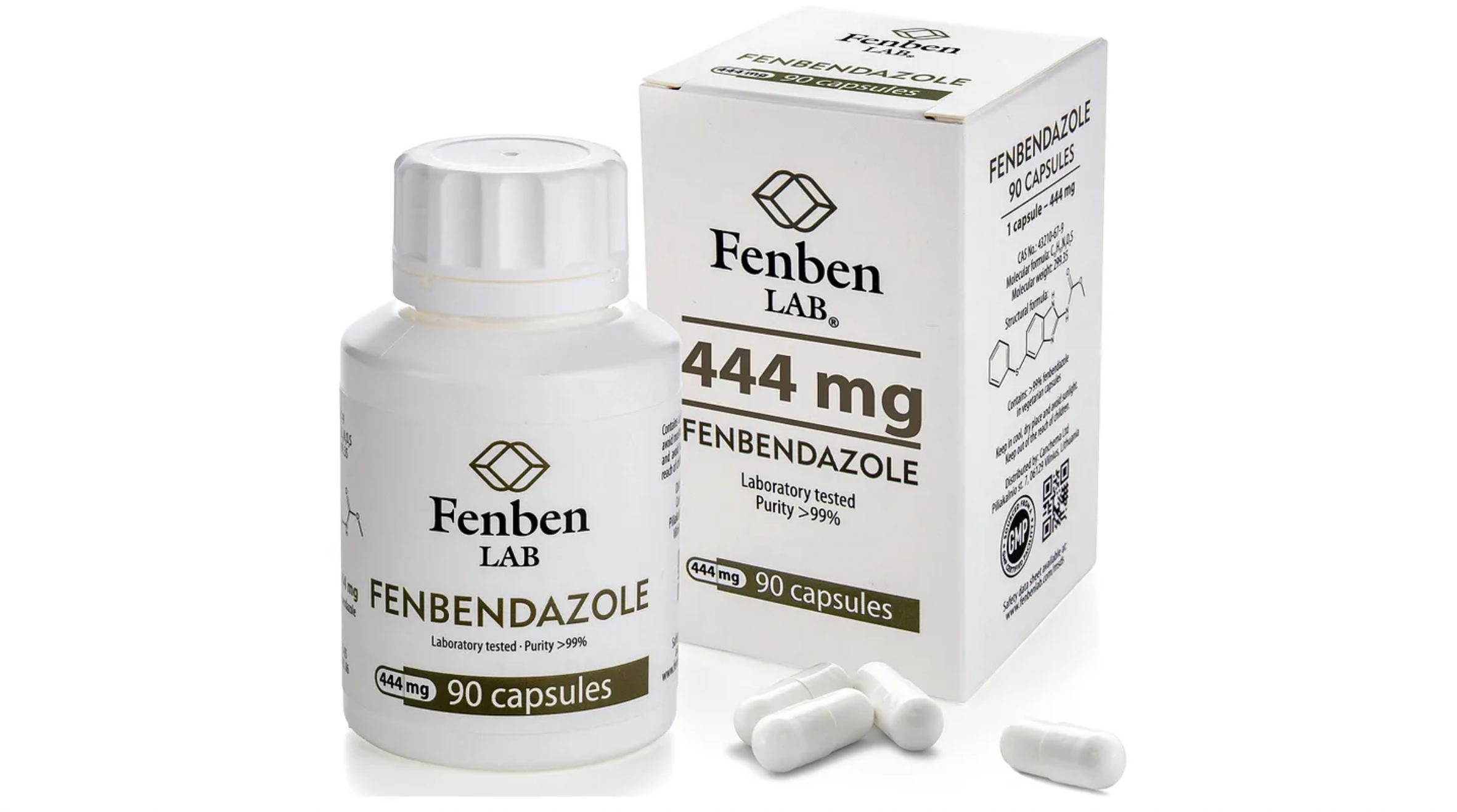Fenben lab fenbendazole is a broad-spectrum, methylcarbamate benzimidazole anthelmintic that kills parasites and prevents their eggs from being shed in the feces. It is used for removal of roundworms (Ascaris suum, Angilostoma caninum, Uncaria henpeckerum), lungworms (Metastrongylus apri, Metastrongylus pudendotectus), stomach worms (Hyostrongylus rubidus, Helicostrongylus melanogaster), whipworms (Trichuris suis) and tapeworms (Taenia pisiformis). In addition to its antiparasitic activity, fenbendazole has cytostatic properties in vitro when used at high concentrations and long incubations.
To test the ability of fenbendazole to radiosensitize EMT6 cancer cells, the cells were pretreated with the drug at various concentrations in the absence or presence of docetaxel and assayed for radiation sensitivity using a colony formation assay. Results indicated that fenbendazole significantly reduced the number of surviving colonies in these experiments. However, fenbendazole did not alter the radiation dose-response curve in either aerobic or hypoxic conditions, even at high concentrations and long incubations.
In a separate set of experiments, fenbendazole was incorporated into mPEG-b-PCL micelles and co-administered with docetaxel to test its radiosensitizing abilities in hypoxic cancer cells. After a 24-h incubation, the drugs were released from their micelles and the clonogenic assay was repeated. The results indicated that the drug delivery system significantly enhanced the cytotoxic effects of the chemotherapeutic agent at all concentrations tested, and the survival curves in the presence and absence of the compound were superimposed when the data from both treatments were normalized to account for the toxicity of fenbendazole alone. fenben lab fenbendazol


